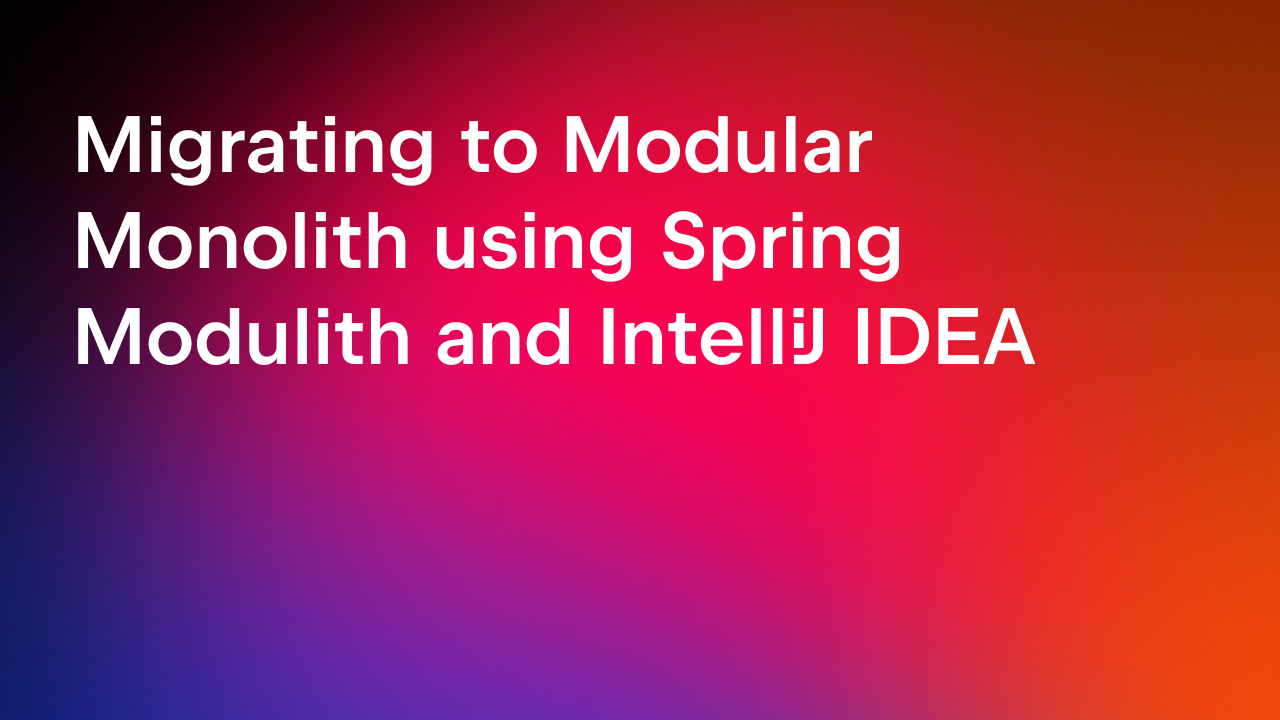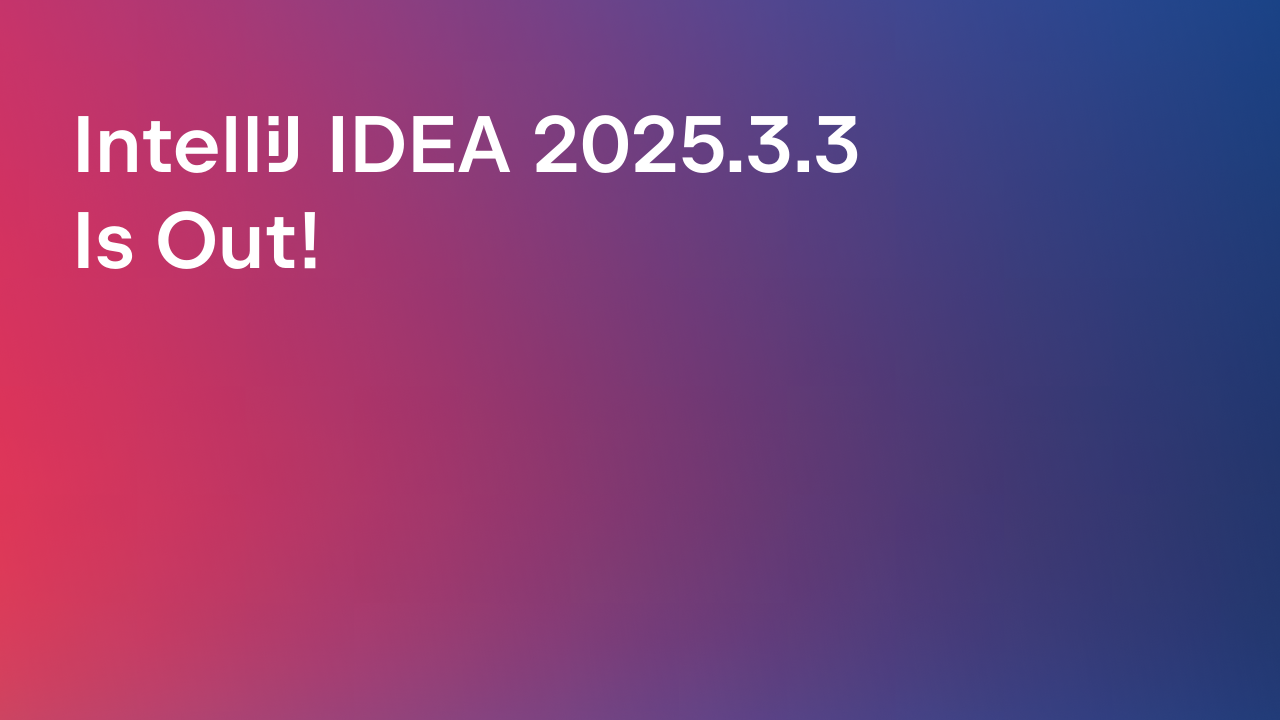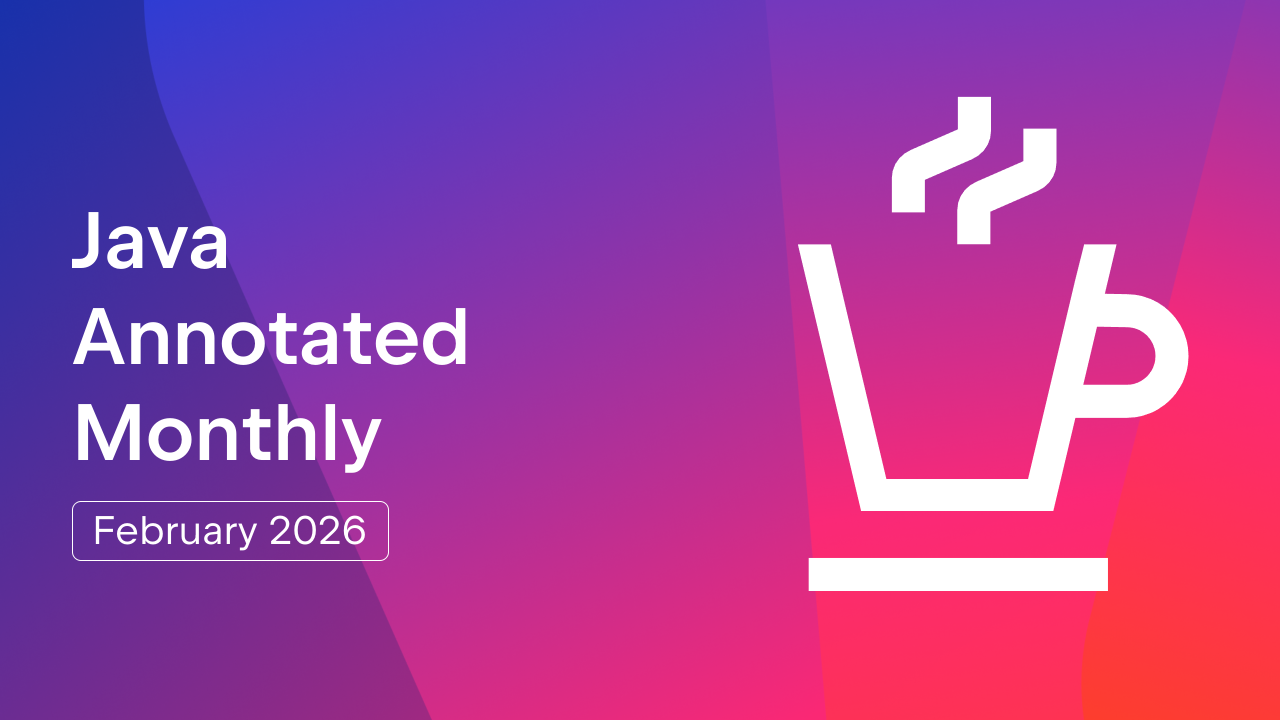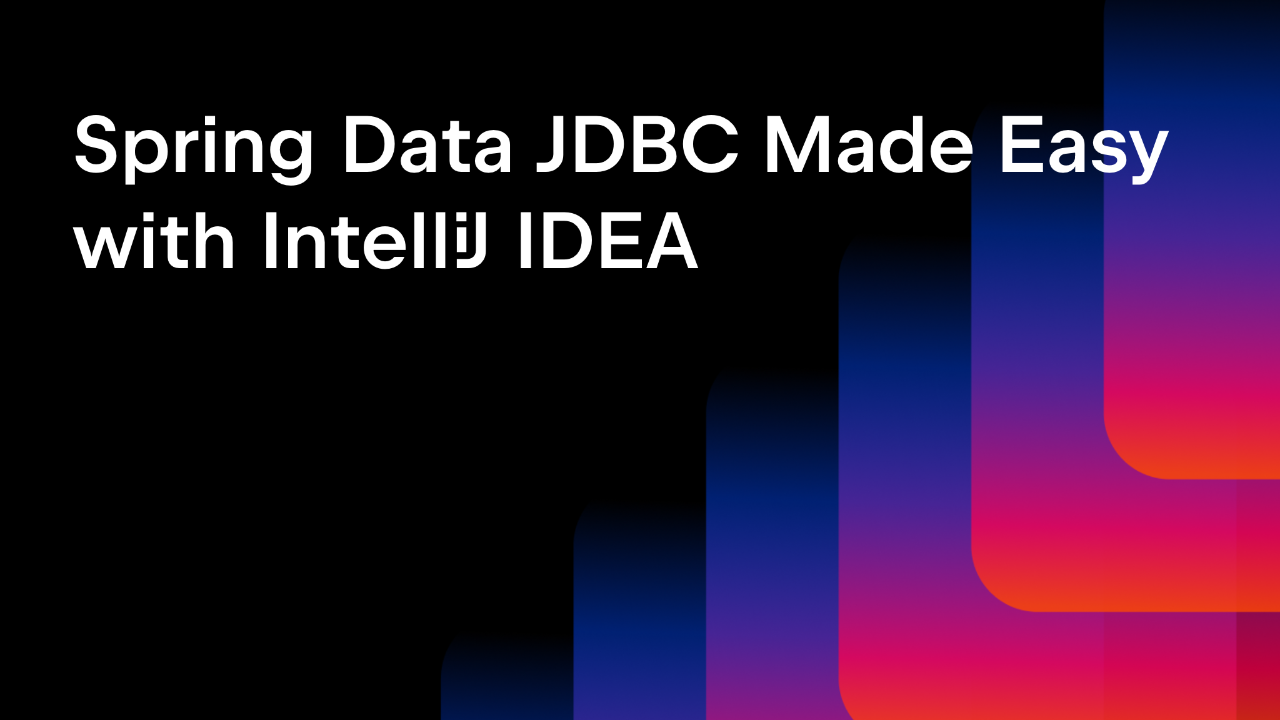IntelliJ IDEA
IntelliJ IDEA – the Leading IDE for Professional Development in Java and Kotlin
IntelliJ IDEA 2023.2 Is Out!
IntelliJ IDEA 2023.2 has arrived! This release brings a wealth of exciting features and valuable refinements to the IDE.
You can get the latest build from our website, through the free Toolbox App, or via snaps for Ubuntu.
The IntelliJ IDEA 2023.2 release introduces AI Assistant to facilitate your development with a set of AI-powered features. The IntelliJ Profiler now provides in-editor hints, making the profiling process more intuitive and informative. This release also includes GitLab integration to help streamline your development workflow.
Read on to explore these and other notable updates in IntelliJ IDEA 2023.2.
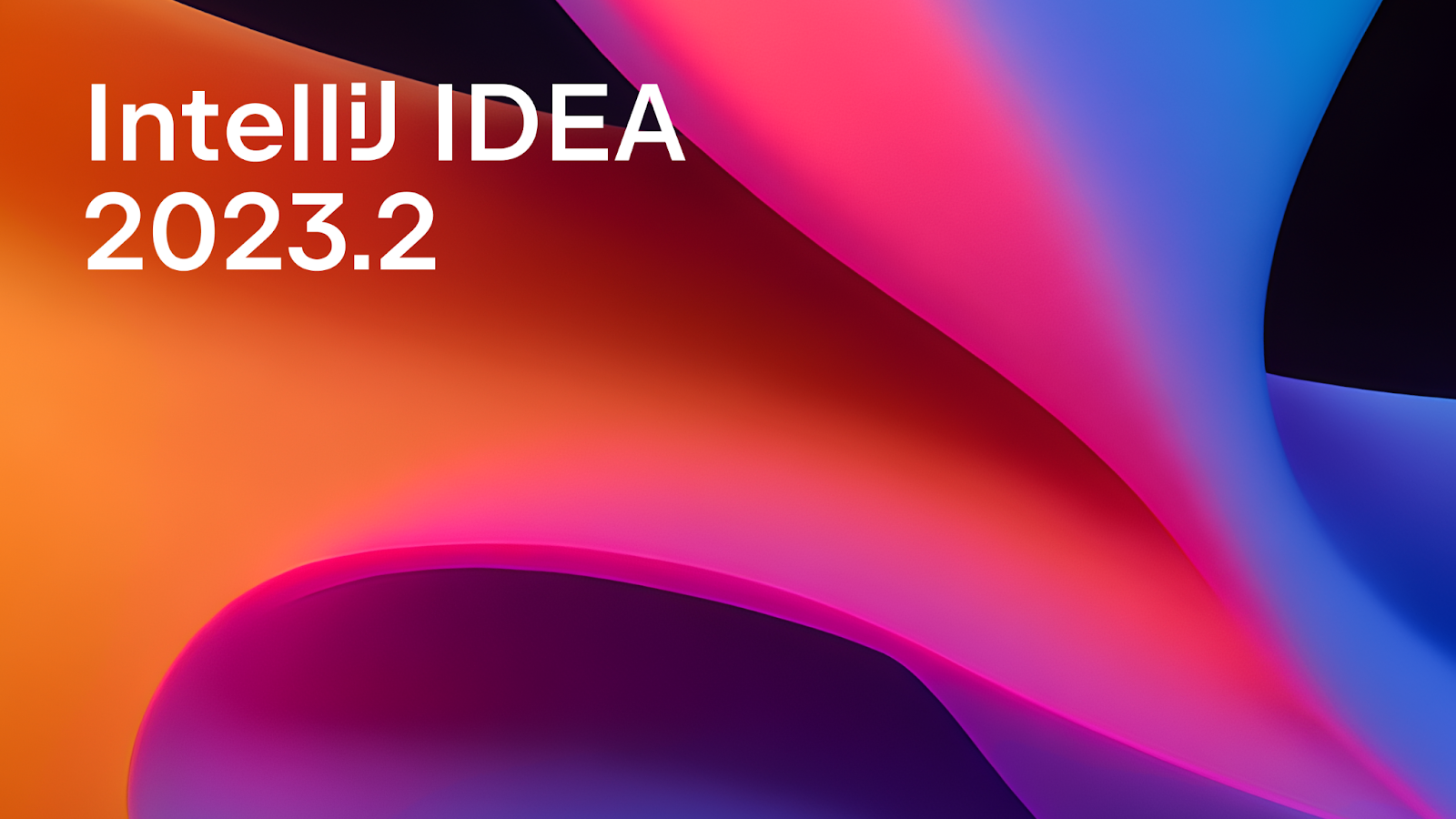
Key updates
- IntelliJ IDEA 2023.2 introduces AI Assistant, which offers integrated AI chat and can do things like automatically write documentation comments for you, suggest names, generate commit messages, and more. Access to the AI capabilities is limited for now and requires you to install the AI Assistant plugin and log in to the JetBrains AI service. For more information refer to this blog post.
- The IntelliJ Profiler has added in-editor performance hints, which enhance your profiling experience by providing easy-to-interpret color-coded annotations right in the gutter.
- Integration with GitLab streamlines your development workflow by enabling the Merge Request functionality directly in the IDE. Learn more.
User experience
- Search Everywhere (Double ⇧ / Double Shift) now includes text search capabilities.
- You can now assign unique colors to your projects’ headers and upload custom icons for them, making it easier to distinguish projects in your workspace.
- We’ve reworked the hamburger menu in the new UI’s main toolbar on Windows and Linux. Its elements now appear horizontally over the toolbar when you click on the menu icon. There’s also a new option to turn this menu into a separate toolbar.
- You can now arrange your files in the Project view based on their modification times.
- New UI users now have an alternative Light with Light Header theme, which features matching light colors for window headers, tooltips, and notification balloons.
- When you use full screen mode in the new UI on macOS, the window controls are now displayed right in the main toolbar, not in the floating bar as before.
- In Settings / Preferences | Editor | Inspections, we’ve implemented syntax highlighting for code samples.
- For the convenience of Linux users, the native header of the operating system has been removed in the new UI, resulting in a cleaner interface.
- In the Project view, there’s a new Open Directories with Single Click option that makes expanding and collapsing the project folders quicker and more responsive.
- We’ve expanded the customization options for the new UI’s main toolbar. You can now use a dropdown menu to quickly choose actions that you want to add to the toolbar.
- We’ve updated the Settings/Preferences | Plugins section, which now includes a set of suggested plugins that is determined automatically based on your project specifics.
- We’ve reworked the UI for the running and debugging actions in the Services view to make the look and feel of the toolbar consistent with that of the main Run/Debug widget.
- To make managing multiple run configurations easier, we’ve implemented the option to pin preferred configurations in the Run widget.
Java
- We have improved and expanded Java inspections to help you maintain high-quality code and detect potential issues more effectively. Learn more about the code analysis improvements in IntelliJ IDEA 2023.2 in this blog post.
- IntelliJ IDEA 2023.2 provides code highlighting and navigation for format strings.
- The IDE now offers improved support for the
@snippettag in Javadoc comments. - We’ve added new ways to apply some refactorings to several members at once.
- IntelliJ IDEA 2023.2 can accurately guess the location of a method in a stack trace report even when line numbers are not available or have diverged.
- IntelliJ IDEA Ultimate can now better analyze concatenations and interpolations of SQL in Java and Kotlin, detecting potentially unsafe queries and thereby protecting the code from possible SQL injection vulnerabilities.
Scala
- IntelliJ IDEA 2023.2 enhances Scala 3 support with improved enum usage, an enhanced TASTy decompiler, and a better debugging experience for Scala developers. Additional improvements include more helpful completion hints for Scala 3’s Universal Apply Methods, in-editor support for IArray, and improved support for the “fewer braces” syntax.
- The IDE now provides better support for sbt projects.
- Several type inference errors have been fixed.
- Zinc is now the default compiler, ensuring comprehensive support for incremental compilation of new Scala 3 features, including inline methods.
- The IDE now offers improved management of sources and target directories.
- IntelliJ IDEA 2023.2 enhances ScalaDoc Quick Documentation rendering, highlighting annotations, keywords, and literals based on the selected theme, splitting the list of extended traits and classes into multiple lines, and supporting Scala 3 keywords.
Performance
- IntelliJ IDEA 2023.2 features a new command line tool for quickly building and uploading shared indexes in just a few clicks instead of using multiple scripts and services. Learn more.
Run/Debug
- When debugging your reactive application, you can now easily evaluate values of watches and local variables for
MonoandFluxtypes. - We have expanded the capabilities of the auto-testing functionality, making it fully compatible with the Maven, Gradle, and JPS build systems.
Version control systems
- IntelliJ IDEA 2023.2 introduces an option to selectively commit specific lines from code chunks.
Profiler
- Attach IntelliJ Profiler and Capture Memory Snapshot are now available as buttons in the Run tool window.
- Wall-clock profiling mode, which considers the total time spent in a method, including waiting time, is now the default option.
Frameworks and technologies
The following features and updates introduced to support working with frameworks and technologies are only available in IntelliJ IDEA Ultimate 2023.2.
- As of IntelliJ IDEA 2023.2, it is possible to run and debug applications deployed to Tomcat on the Windows Subsystem for Linux (WSL).
- You can now send gRPC requests over Transport Layer Security (TLS) in the HTTP Client.
- The HTTP Client is capable of understanding Swagger and OpenAPI specifications and providing corresponding code completion options for JSON request bodies.
- The IDE now provides a better user experience when setting up Swagger Codegen configurations. The Edit Swagger Codegen Configuration dialog has been revamped for easier customization, and the run configurations are accessible from the gutter without additional settings.
- IntelliJ IDEA 2023.2 supports Redoc UI previews for OpenAPI and Swagger specification files, including YAML and JSON files, allowing you to switch between the Redoc and Swagger UIs within the IDE.
- The IDE now provides completion for JSON object keys in JavaScript code.
- With v2023.2, it is possible to share common JavaScript code for HTTP Client request handlers via imported modules.
- The IDE is now able to display previews of PDF and HTML files right in the results of requests in the HTTP Client.
- You can now use the HTTP Client CLI in IntelliJ IDEA to interact with GraphQL APIs and establish WebSocket connections with services.
- While setting up a new Spring Boot run configuration, the VM options field provides auto-completion options for keys appearing after the
-Dflag. - Spring configuration beans no longer require the annotation processor, and code completion and validation in properties and YAML configuration files are available right away.
- IntelliJ IDEA 2023.2 provides support for Spring AOP in Kotlin.
- Working with the AsyncAPI specification format is now much easier, as the IDE supports schema validation functionality and provides code completion for references, the Endpoints view, and the Editor Preview pane.
- We’ve introduced a new inspection to help eliminate the so-called “Norway problem” and prevent the unintended misinterpretation of Boolean values in YAML files.
Docker
- You can now preview files inside Docker image layers.
- It is now possible to set a Docker run configuration to run before another configuration by designating it as a Before Launch task.
Kubernetes
- It’s now possible to set up multiple kubeconfig files within a single project, which simplifies the experience of handling multiple clusters or working with environments on different clusters in the same project.
- You can now view logs for deployments in Kubernetes clusters in the Services tool window.
Build tools
- IntelliJ IDEA is now fully compatible with the latest version of Maven, Maven 4.0.0-alpha.
Web development
- IntelliJ IDEA Ultimate 2023.2 provides improved error formatting in JavaScript and TypeScript code.
- As of v2023.2, the IDE supports the CSS nesting.
- Vue Language Server (Volar) support provides more accurate error detection and better type information in the quick navigation and documentation popups.
- We’ve added a new set of live templates for React hooks.
Сode quality workflow
- IntelliJ IDEA 2023.2 simplifies configuring static analysis tools by adding full integration with JetBrains Qodana – our smart static analysis engine designed to fit any CI/CD pipeline – to bring you two important benefits. First, easy configuration allows you to trigger analysis with a few clicks, view project-wide problems, and set up quality gates in your preferred CI/CD system. Second, you can see the server-side analysis results without leaving your IDE. Learn more.
Database tools
- You can now connect to Redis Cluster and have the same feature set as with standalone Redis.
- The UI of the schema migration dialog has been reworked.
- The Data Editor and Viewer settings page has a new Time zone field for setting the time zone in which the
datetimevalue should be displayed. - We have implemented support for external databases and datashares in Redshift.
Other
- With this release, we’ve introduced an LSP API for plugin developers who want to use a specific LSP server for coding assistance in the IDE. Learn more.
- We have decomposed the Big Data Tools plugin, allowing you to use its parts separately. This means six new plugins are available for IntelliJ IDEA: Kafka, Spark, Flink, Remote File Systems, Big Data File Viewer, and Zeppelin.
- We have deprecated the Struts2, Resin, tc Server, Play, and Cloud Foundry plugins and will no longer build their new versions in IntelliJ IDEA 2023.2 and later versions.
- IntelliJ IDEA’s bundled Android plugin now provides the features of Android Studio Giraffe Beta 2, including support for Android Gradle Plugin (AGP) 8.0.0. Please note that this support doesn’t include the features that require signing in to a Firebase account.
- Starting from v2023.2, the default value of the maximum heap size (-Xmx) has been changed to 2 GB.
- In IntelliJ IDEA 2023.2 and onwards, Windows 7 is no longer supported. To continue using the IDE, please update your operating system to Windows 10 or a newer version.
These are the most notable updates included in the IntelliJ IDEA 2023.2 release. For a comprehensive overview of all the changes, please consult the release notes.
Your feedback is highly appreciated and plays a crucial role in improving the product. We encourage you to share your thoughts and suggestions regarding the new features and updates. Feel free to get in touch with us on Twitter or by leaving a comment below. If you spot a bug while working with the IDE, please report it to our issue tracker.
Happy developing!
Subscribe to IntelliJ IDEA Blog updates



